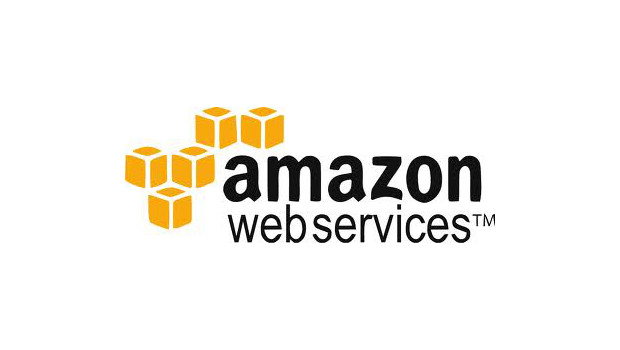Amazon’s next plan for the cloud: leave noisy neighbours behind.
The company has unveiled EC2 Dedicated Hosts, which ensures that EC2 instances are mapped to a specific underlying physical host. Amazon claims Dedicated Hosts eases governance, compliance, and software licensing, but as a side benefit, it allows enterprise cloud customers to ensure their workloads are not shared with other workloads they can’t control. In other words, it’s a potential solution to the cloud’s “noisy neighbour” problem.
Amazon says EC2 Dedicated Hosts lets customers provision multiple instances of a certain type — M3, M4, C3, C4, G2, R3, D2, and I2 instances are supported — and bring them together on a single physical host in a given availability zone. Details on the dedicated host — how many sockets and how many cores — are provided to the administrator.
To maintain consistency, only instances of the same type are permitted on a single dedicated host. Future instances of the same type in the same availability zone can be automatically launched on the same dedicated host, assuming there are enough utilisation slots available on that host. Instances can also be guaranteed to restart on the same host.
EC2 Dedicated Hosts also makes it possible to use one’s software licenses in the cloud. Some products, like Windows Server, must be associated with a particular physical host as part of their licensing agreements. Companies with specific regulatory or compliance needs can ensure an entire host is dedicated to a given job, and detailed usage metrics can be tracked by way of AWS Config.
In addition, Amazon notes that with EC2 Dedicated Hosts “you can exercise fine-grained control over the placement of EC2 instances on each of your Dedicated Hosts,” which seems like a way to lessen the impact of noisy neighbours.
The noisy neighbour problem occurs when high I/O or CPU demands by a particular instance on a multi-tenanted physical host in the cloud slows down other VMs on that box. Like the neighbour in a thin-walled apartment building who plays his TV too loudly, a high-demanding VM instance on a cloud server can spoil the experience for everyone else on the server. (The security implications of sharing hardware with strangers are also hard to ignore.)
In the past, Amazon has been cited for its wildly inconsistent performance in its cloud, ostensibly because of noisy neighbour issues. While EC2 Dedicated Hosts doesn’t directly target the problem — few cloud providers want to admit such issues exist — but Dedicated Hosts seems designed to counteract that problem by providing hardware where the workload is known and managed by a single user.
The cost for running EC2 Dedicated Hosts is only slightly higher than paying for the same number of instances on their own. An M4 instance in the US East zone, which can host up to 22 large instances, costs $3.049 (€2.88165) an hour — or around $2,195 (€2,075) per month. By contrast, 22 separate M4 large instances (which cost 12.6 cents per hour) would cost $1,995 (€1,885) per month. If the additional cost guarantees greater consistency of performance — or at least the ability to regulate performance more directly — it could be worth the expense to an enterprise already shelling out for many instances.
Because EC2 Dedicated Hosts is so new, it does not yet work with some items available for other EC2 products; Auto Scaling, for instance, isn’t supported and neither is RDS — although they are likely to be added in time.
Serdar Yegulalp, IDG News Service






Subscribers 0
Fans 0
Followers 0
Followers